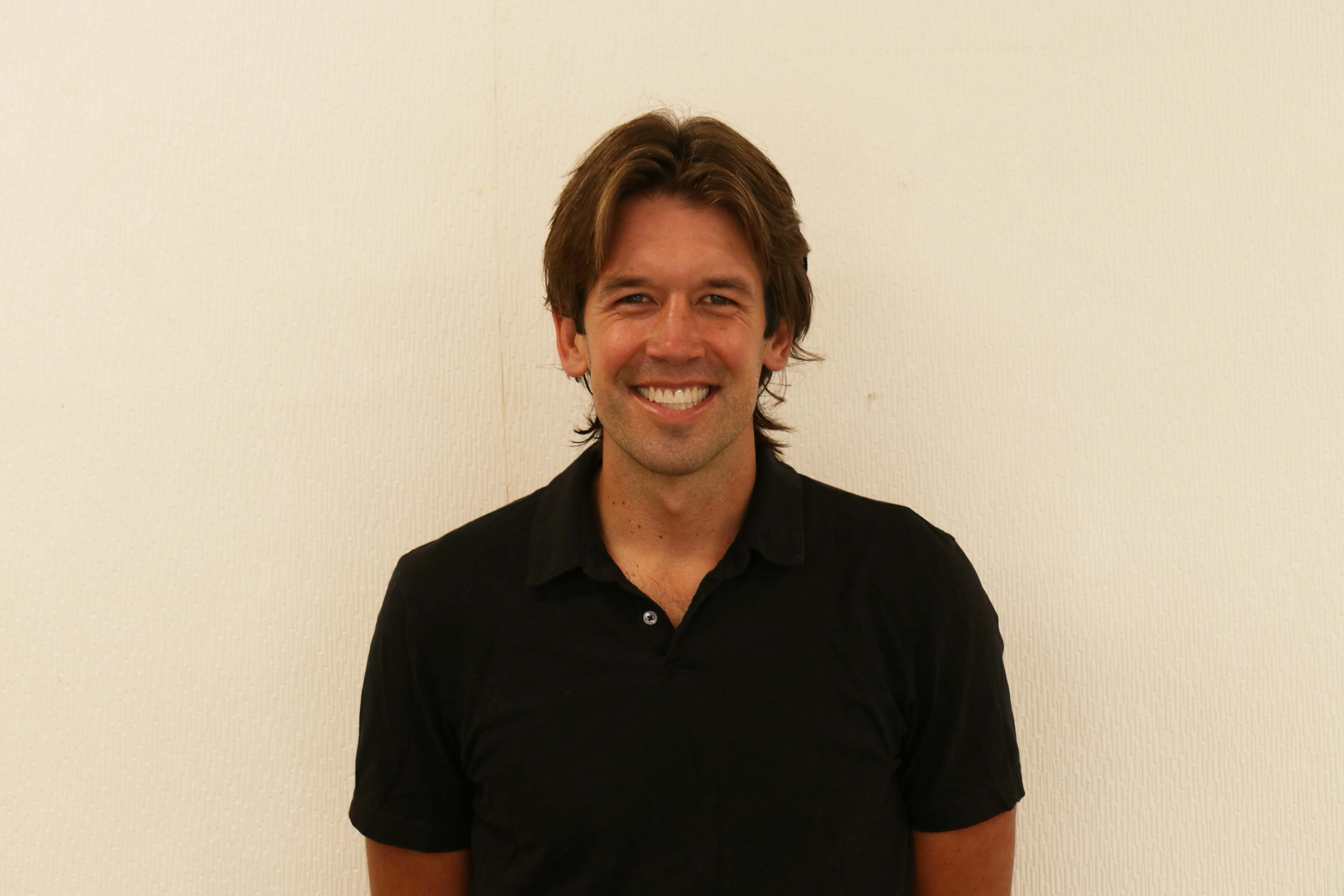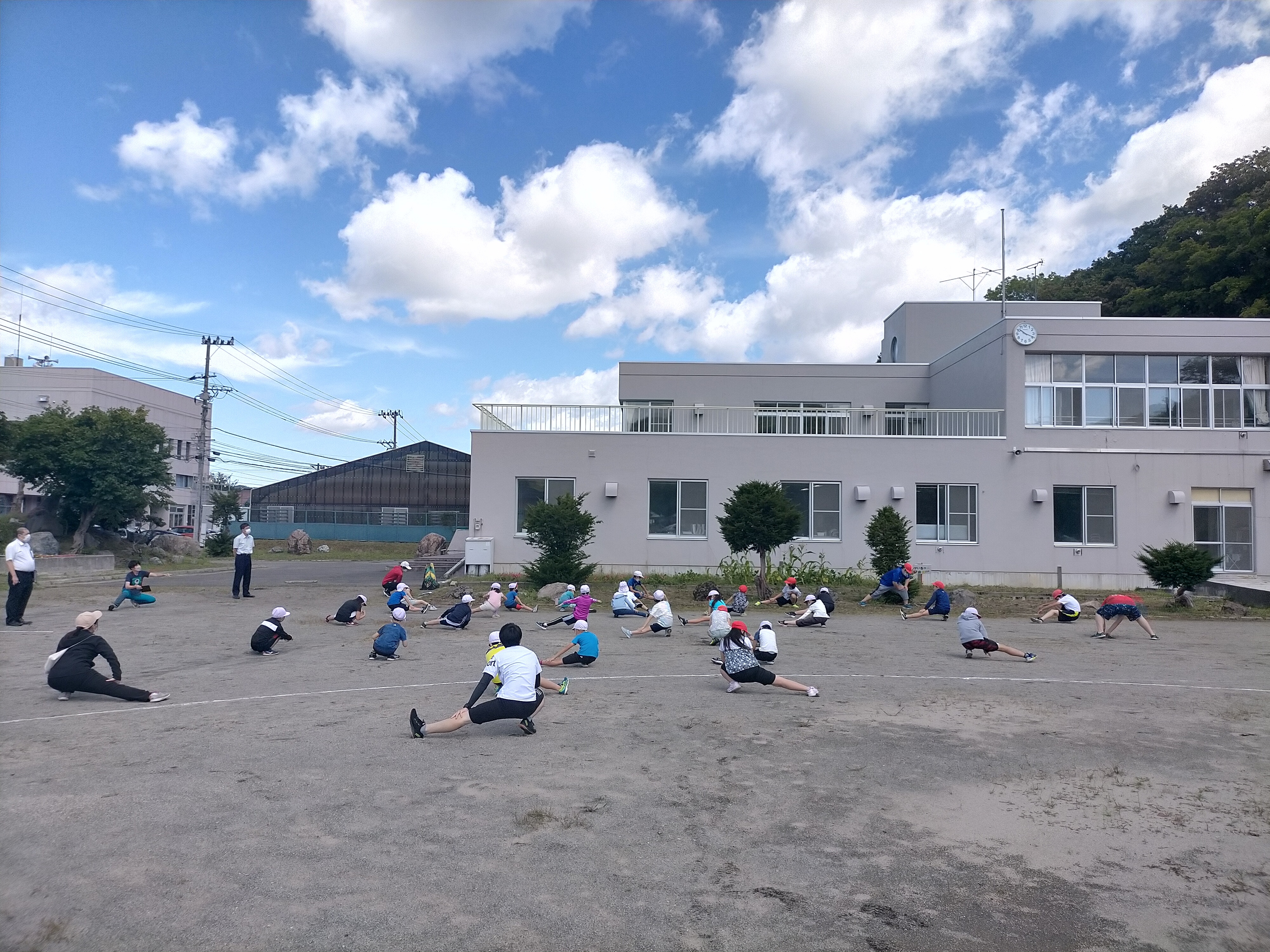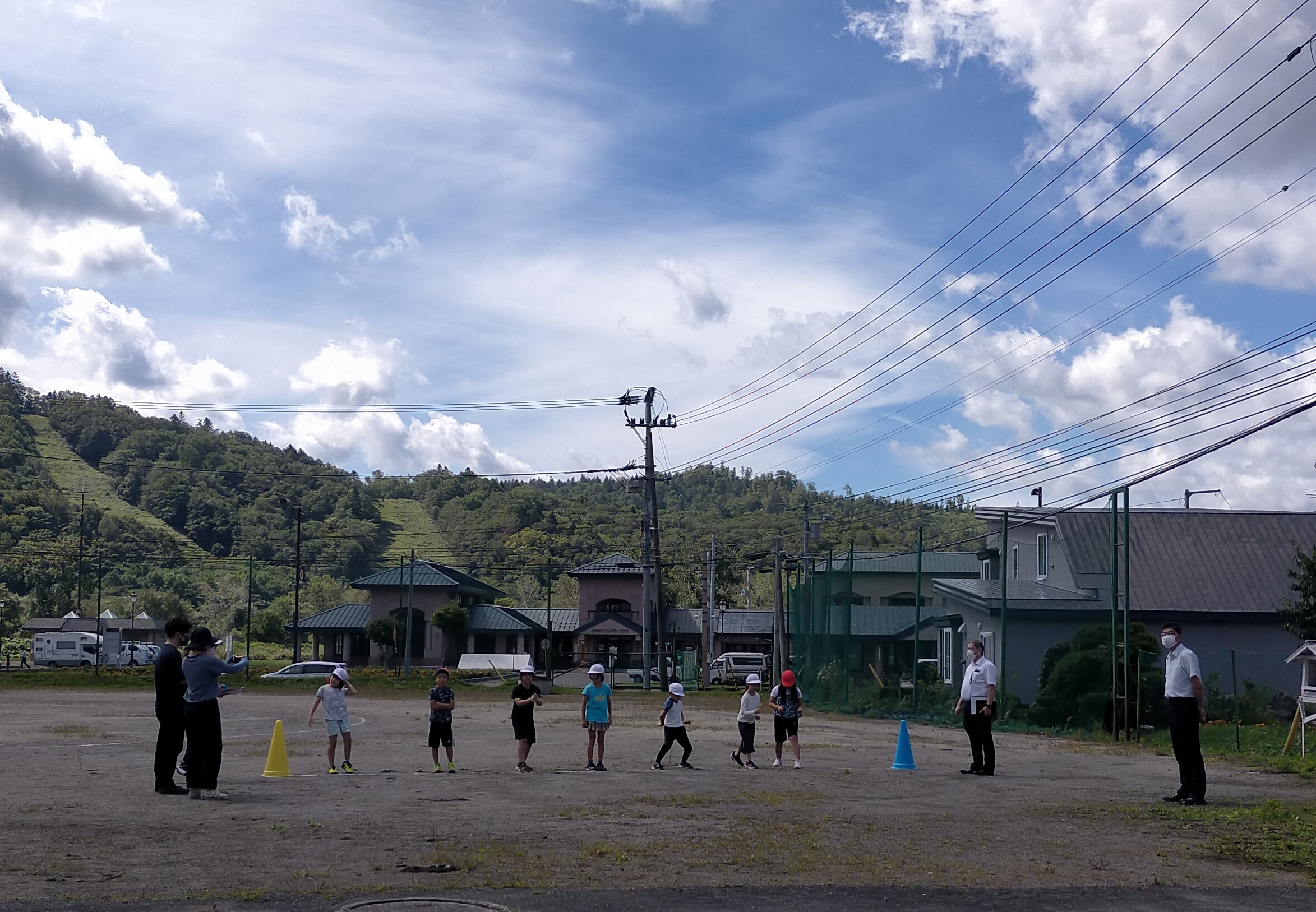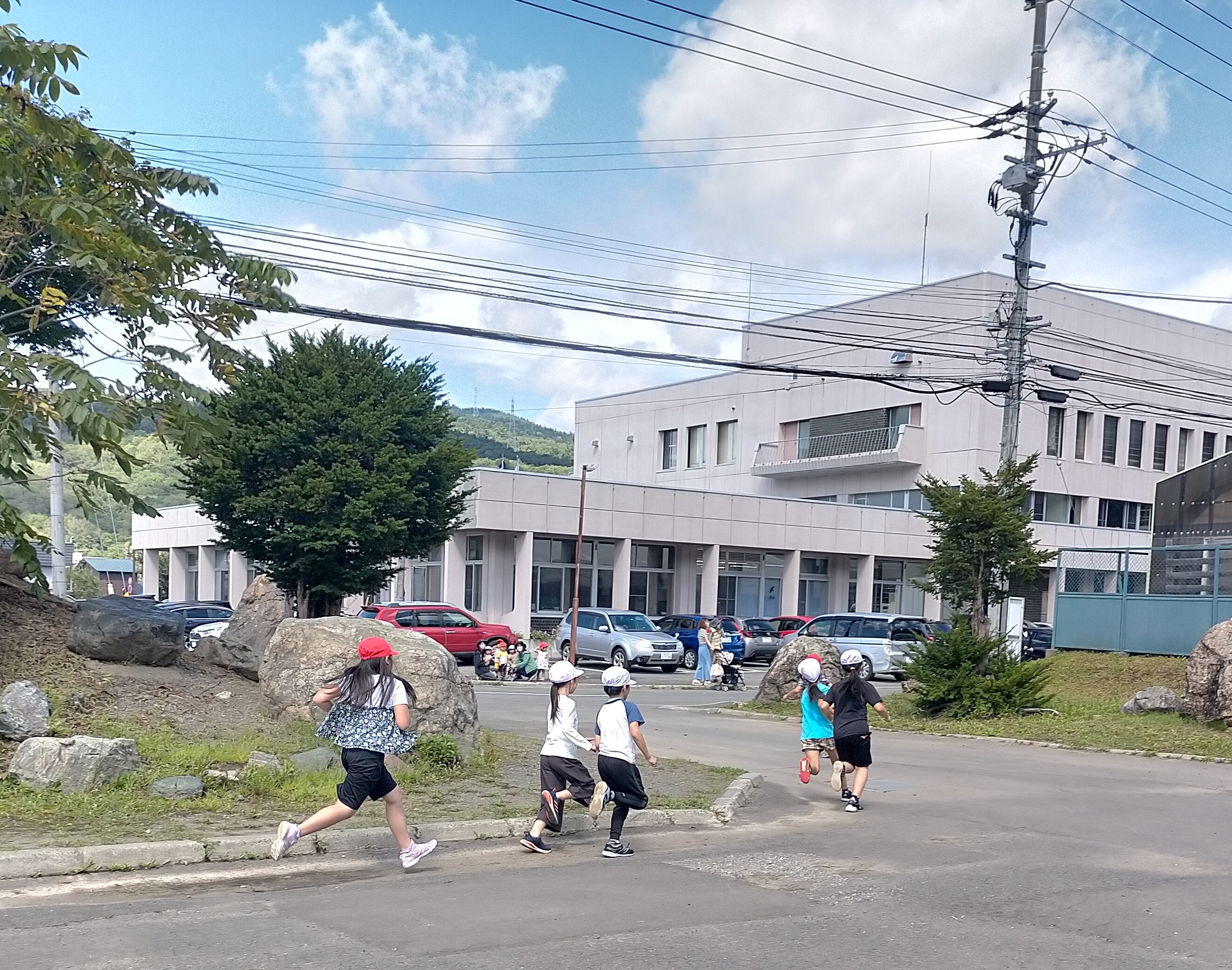Last week, Shimukappu, Japan, elementary students ran their annual “marathon.” Teachers set up a sprint course for the first graders, and the distance was increased for each grade until it was almost two miles for the fifth-graders.
To start the morning, one of the oldest students stood in front of the school and offered encouraging words for the challenge to come — as a compliment to this young man, it felt more like a state of the union address than a schoolyard pep talk.
Three students followed him and led everyone in 10 minutes of stretching with militaristic precision, and, then, the running began. Family members, farmers, firefighters and police officers lined the streets clapping and shouting their support for each group of runners.
In an appropriate show of youthful drama, a handful of students collapsed with exhaustion when they crossed the finish line. All of it made for a charming community event.
I see so much in common with school running events from my childhood, and, at the same time, there’s just as much that’s new.
I was awed by the meaningful leadership responsibilities students shouldered in stretching and rallying their peers for the event. Keep in mind that these are elementary school students, and that experiencing awe is nothing new for me in Shimukappu.
Every day, authentic responsibility is taken on by students in the schools. This looks like daily chores for cleaning every square foot of campus and donning aprons and hair coverings to dole out the school lunch to their classmates.
Incorporating these ordinary life tasks is the norm for their school day, and students show up to school as enthusiastic young adults ready to carefully complete what is asked of them.
For the record, this is my first time calling a fifth-grader a young adult and it feels spot on. Shimukappu’s educational design conveys to students that they can and should act as empowered individual agents in contributing to a thriving community.
I’m even tempted to call my first-graders young adults. I was humbled when I first arrived in Shimukappu, and my first-grade class coached me on how to be an effective teacher.
We were on a long walk, and one of the students became fatigued and wanted to be picked up. I happily carried her for a short distance before the class stopped and stared. They made it clear that they would not move until I had put her down, and that picking up their classmate was inappropriate because she was far too old for that sort of coddling.
The pro-active role they took at that moment in cultivating their classmate’s maturity and independence makes it clear that they know they are the future of this society. Students of every age in Shimukappu feel their elders asking them how they will meet the challenges of their life, and they respond by showing up to school with a sense of purpose that I didn’t know was possible in such young students.
My description may make these students sound overly serious. However, their gravity is balanced by youthful exuberance when appropriate. Lightheartedness shows up between classes, during recess and during any block of time deemed free.
I never imagined a school day that so effectively supported families in raising upstanding community members. If all socializing for Shimukappu students were the responsibility of school teachers, I think they would raise phenomenal, upstanding members of society who were conscientious and compassionate.
As my Japanese improves, I’m looking forward to asking for cooking pointers from my students because their cooking class always smells delicious, and I should definitely enlist them in designing games because older students are often the orchestrators of organized fun for their younger classmates.
The way students are treated in Shimukappu is beautifully forward-looking. I see adults honoring that children are the future. I find this trust inspiring and instructive, and maybe you will, too.
Here’s to giving young people in our lives space to practice the skills and habits they’ll need to live a fulfilling life.
Timbah Bell is an English teacher in Shimukappu, Japan, where he works as part of a longstanding partnership with Aspen Sister Cities. You can find this column read aloud and photos from his adventure so far on Instagram @beauty_noted; email him at timbah.bell@gmail.com.







Comments are closed.